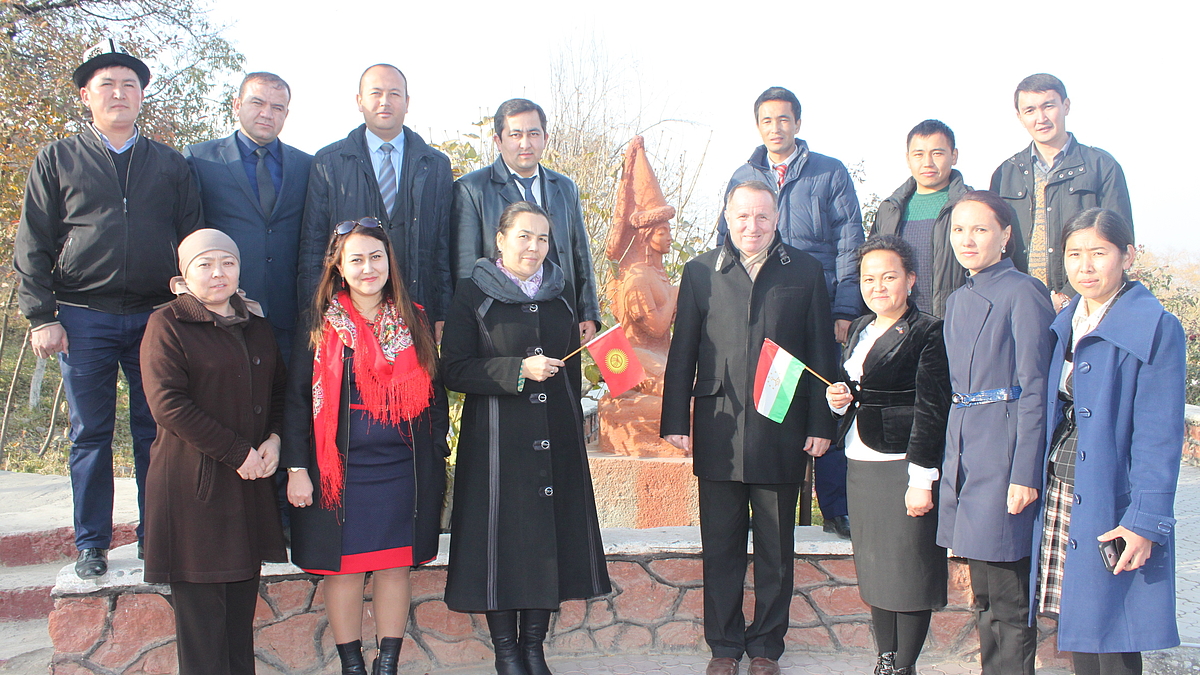Central Asia has recently been in the focus of public attention due to the political turbulences in Kazakhstan in January this year. The developments in Kazakhstan remind how critical it is for the political regimes in Central Asia to develop political openness and promote good governance. This exchange brings together four experts to discuss the salient issues related to good governance in Central Asia and the role played by Hanns Seidel Foundation in promoting reforms in the region:

